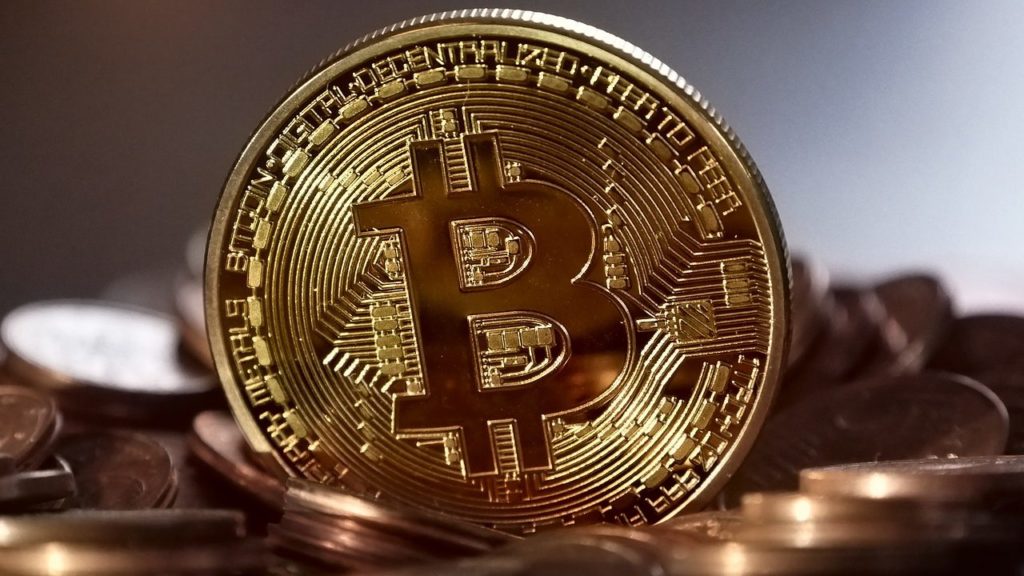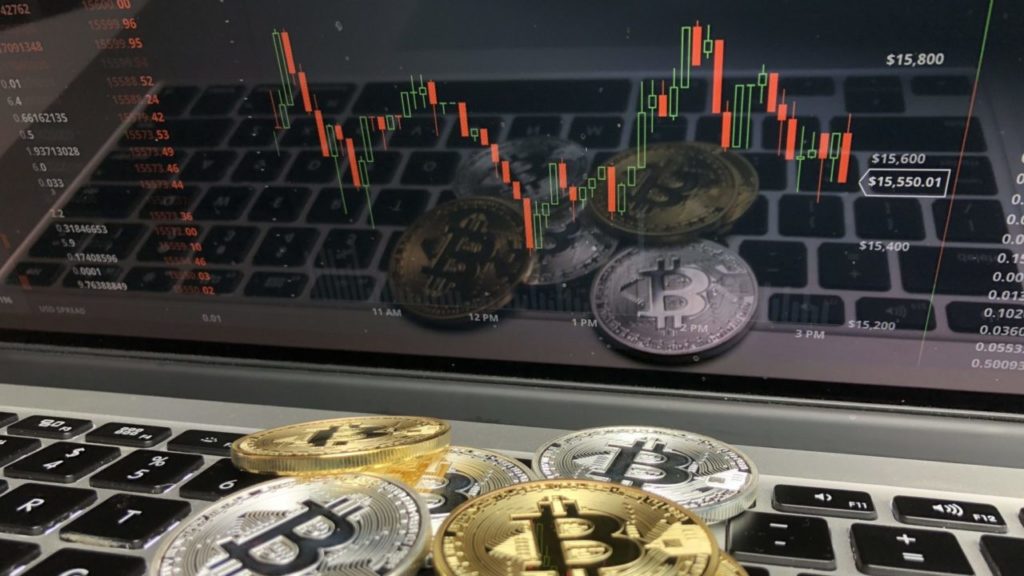An environment of citizen distrust in our monetary system was born from the ashes of the gold standard, a death marked by government manipulation and dilution of currencies.
Public distrust of the monetary system is most prevalent in the millennial generation. A study done by Facebook IQ found that 92% of millennials distrust financial institutions.
Millennials have borne witness to the economic instability experienced by our parents’ generation. This has caused distrust not only of the monetary system, but the stock market as well, where only 1 in 3 millennials are investing. Our generation is seeking viable alternatives to these traditional financial institutions that can provide stability, give us financial freedom, and prevent excessive financial control by centralized authorities.
Prior generations grew up with the concept that money was created strictly by a central authority. Borders and geography determined the value of money and the restrictions placed on it.
However, money is not necessarily an invention of the state. Due to their distrust in our turbulent economy, our millennial generation is getting wise to the myth that only government can create money and opening ourselves up to emergent financial technologies.
Enter Bitcoin, what might be called the Millennial gold standard.
A New Form of the Classical Gold Standard
In the current monetary system, money devalues over time because of high inflation rates.The gold standard is a monetary system where gold is the unit of redemption for paper currency and the central bank does not significantly interfere in the mechanisms of production. The basic argument for the classical gold standard is that because the number of dollars in the system is not manipulated by the central bank, it it will prevent inflation, thereby creating growth.
This form of monetary system would help minimize the magnitude of business cycles, promote an environment for international trade, and establish a scarce resource as the foundation for currency. The modern fiat alternative has failed miserably in these areas, at least in part because it has no inherent value.
Gold and silver obtain their monetary value through scarcity in the market. This creates a concept of money that extends from an item already within the market. Government issued currencies do not follow this natural market mechanism.
Instead, central banks print “money” and assign it arbitrary value. Unstable markets ensue, falsifying the information basis for pricing and in turn, deceiving savers and hurting entrepreneurs. This instability is a breeding ground for tyranny.
The Market-Based Value of Bitcoin
Contrary to what we have been conditioned to think, multiple goods in the market can compete for the status of money. This is where bitcoin comes into play.
Bitcoin follows the market rules that gold and silver do. It has a restricted amount of possible bits that can be mined, which makes it a scarce resource in the market. The value given to Bitcoin extends purely from the market. Bitcoin, other cryptocurrencies, and goods such as gold and silver are competing for a share of monetary status, a competition that state-based fiat currency avoids, to great market chaos.
Bitcoin uses a distributed network, a ledger that updates with each transaction, peer-to-peer system of exchange, and cryptography. The digital freedom Bitcoin provides could make it a better alternative to our current system. Even the gold standard relies on the third party banking industry, which has historically fallen into the hands of central authorities.
Although private banks have the market incentive to please the individual, they must also worry about pressures from centralized regulators. Bitcoin allows individuals to avoid third party interference entirely. Every owner is capable of being their own banker. With its peer-to-peer payment network, individuals can voluntarily enter interactions with other individuals.
While the digital nature of bitcoin allows it to circumvent the banking sector, it still has to face the pressure of government interference. Government has been involved in the currency markets for centuries.
Because of this, the market freedom in cryptocurrency is not likely to remain intact. However, replacing third party actors in the market with direct control by individuals will help to fend off government regulations motivated by special interests.
Millennial Optimism in Tech
The millennials will be the generation to spur forward alternative currencies. Millennials have the desire to embrace new technologies, instead of avoiding them. Bitcoin will replace the gold standard in part because of the “new” factor cryptocurrencies have, something our generation loves.
But the crypto-economy also appeases both sides of the political spectrum, where one side fears the “evil” banks and the other side fears government intrusion. Bitcoin and other cryptocurrencies help minimize vulnerability to both of these intruders.
The millennial optimism of this cryptocurrency backed economy has led to Bitcoin price projections of $15,000 this year.
The old gold standard must rely on deregulation from financial intermediaries to garner further money status. However, bitcoin and cryptocurrencies have made progress in achieving money status by building a monetary system from the ground up, allowing them to avoid central regulators and be entirely decentralized.
When battling the old-world central banking authorities, we will benefit from remembering the principle the cryptocurrency market was born from, freedom. Individuals should be free to voluntarily enter peer-to-peer exchanges, not be constricted by central banks and government.
The increasing awareness of cryptocurrency among the younger generation, the mistrust of centrally controlled financial institutions across the board, and the desire for new and innovative monetary systems make the opportunities for the bitcoin standard potentially endless.
MORE FINANCE STORIES ON CAPITALISM.COM:
• Beyond Bitcoin: How Blockchain Is Changing the Way We Track, Share Data
• Ethereum Rivals Bitcoin in Cryptocurrency Race
• How the Rich Can Build a ‘Capital Warehouse’ to Grow Wealth Tax Free







